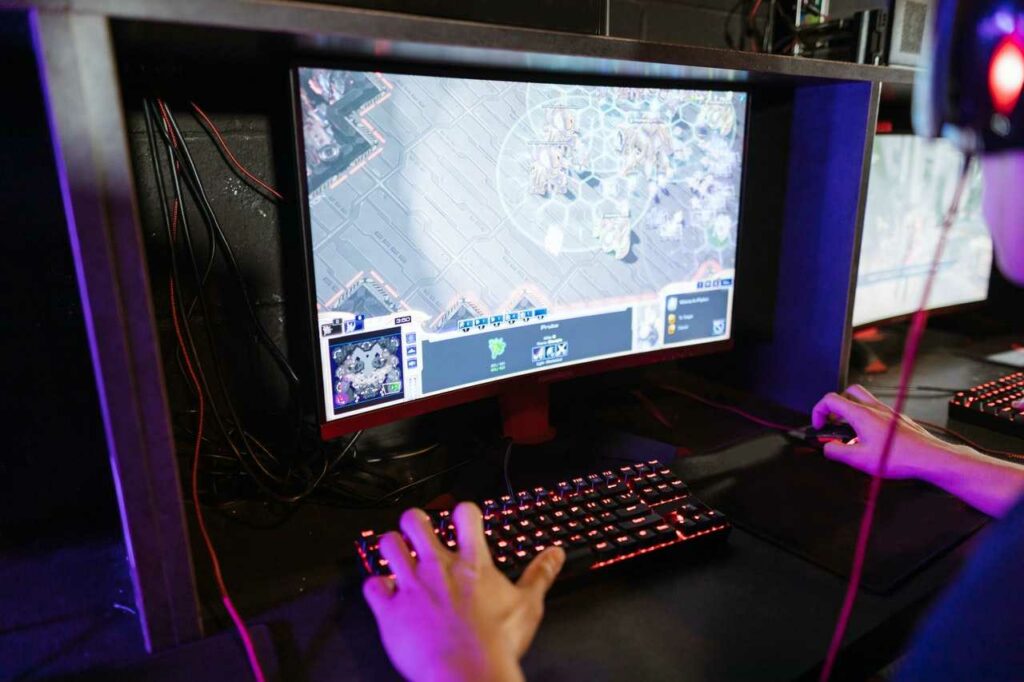In The Serpent Rogue you awaken as a mysterious Warden in a land overcome with the blight of corruption. It’s a cruel world and nothing is given to the Warden for free. Equipped with nothing but a journal and a portable lab, the Warden must use the power of alchemy to tame the wildlife, earn some coin, adapt to the land, and ultimately cure the corruption.
The Serpent Rogue takes a non hand-holding approach, leaving the player in a strange new land to fend for themselves. The Warden takes to the world, mashing ingredients together in hopes that it’ll work out. Two ingredients can create a health potion, but add one additional ingredient and you can have a potent poison on hand. There are potions to turn into different animals, summon wildlife to help, cure or cause status ailments; really any problem that rears its head can be fought with patiently researching and creating a potion. All of your trials and errors are tracked and provide the bulk of the learning curve of the game. There are a few scarce recipes hidden throughout the world, but the best way to learn is burning through materials for research purposes. Trial and error is essential to survival.
The Serpent Rogue does not do very much to live up to its Rogue namesake with only a minor amount of randomization. Every few minutes the main exploration map areas are completely wiped out by the corruption, resetting and randomizing the item drops and resource locations. Not necessarily what I would call a roguelike, but it does provide a touch of spontaneity to each playthrough.
Serpent Rogue also borrows a mechanic as made popular by Dark Souls, where upon death all of your equipment drops and it’s up to you to recover it all before it’s lost. Meaning you could get a nice haul in random level reset, lose it all, and not be able to replicate the haul again.
The combat in The Serpent Rogue leaves a lot to be desired. There is no dodge or roll mechanic, you can only walk and sprint short distances. As for attacks there’s only a standard light and heavy swing or throwing an item, meaning you need to effectively make your move and run on most enemies as combos can be tough to pull off. This style of combat also makes finding and crafting strong weapons vital for a boss encounter. To help out with the limited combat, you can recruit companions to take some bumps for you. The AI for these companions is nothing to write home about, but they can brute force some HP off of enemies or distract them from sucker punching you while going about your business.
In addition to the combat, your weapons and equipment degrade with each use, pushing the importance of learning the crafting recipes sooner rather than later. There is plenty of equipment and resources to be found in the wild, so you could make it through without learning to craft certain things, but reliably having the needed tools at hand can’t be beat.
Serpent Rogue does include an encumbrance system that just feels downright frustrating. For a game that heavily emphasizes collection and burning through tons of items for the sake of learning, your encumbrance amount is very low. The Warden can carry about 40 pounds worth of equipment which fills up incredibly fast, meaning you’ll have to regularly ditch inventory or helplessly get stuck in the wilderness when the corruption attacks. Maybe it’s just me, but I’ve been done with encumbrance systems since Skyrim came out. I understand what they’re in the game to do, but when it’s as heavily restrictive as it is in The Serpent Rogue it’s just taking away the enjoyment I would have gotten out of exploration.
To alleviate some of those issues, there is a fast travel system that helps a lot. With the nature of how fast the corruption spreads, how fast your weight limit is reached, and how fast your equipment breaks, being able to jump from map to map is a godsend. It’s at a point where The Serpent Rogue would feel almost unplayable if you couldn’t use this fast travel.
The Serpent Rogue has a lot of genuinely great concepts under the hood, but the execution could use some refinement. The ability to science and alchemy your way around any obstacle is really interesting, as well as the concept of trial and error as a means of exploration and learning. However the short time frame of the corruption reset, the limited carrying capacity, and the small amount of maps available can make the game feel more rushed than it needs to be. The need to explore is at odds with how the mechanics of the game constantly force you to keep moving. There are few games that offer a completely hands off experience, allowing the player to discover and learn on their own, and The Serpent Rogue offers something that can help scratch that itch.

